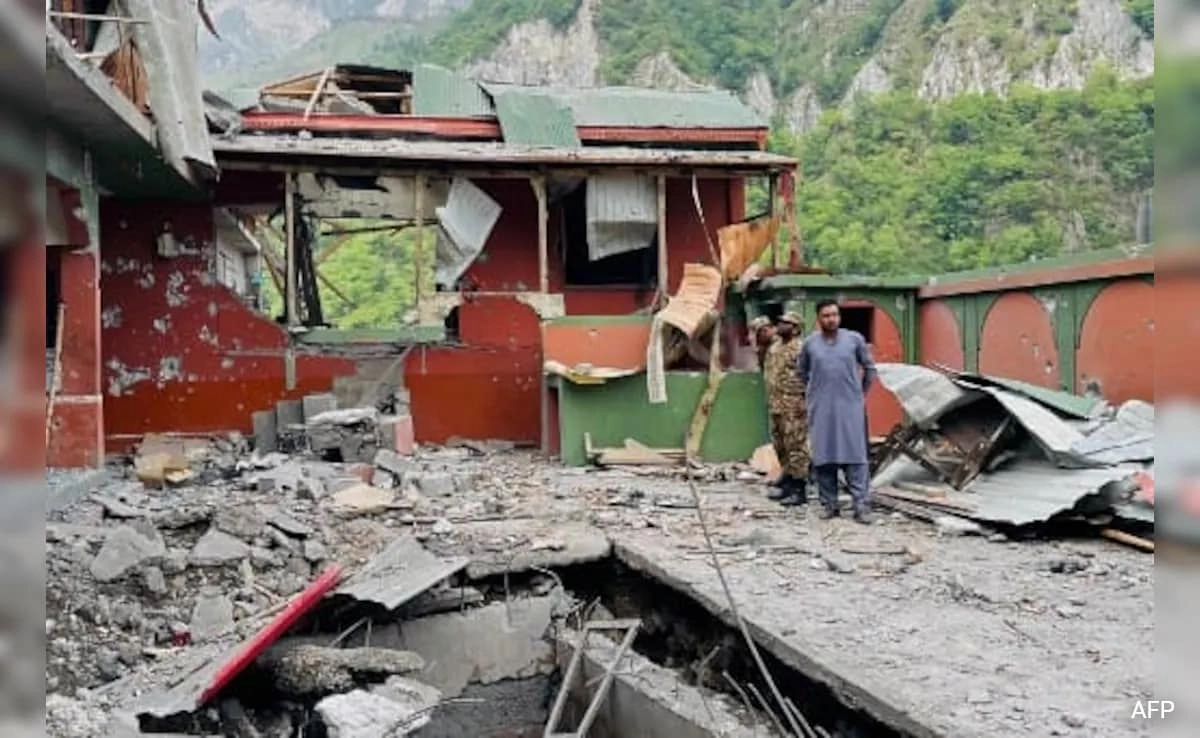In the wake of a tragic stampede that has raised significant concerns, the Bharatiya Janata Party (BJP) has made a strategic move to reach out to prominent figure Vijay. This outreach comes shortly after the unfortunate incident, which not only led to a loss of lives but also sparked widespread public discourse about safety measures and crisis management. According to sources, the BJP’s approach is not merely a gesture of empathy but also serves a dual purpose: to offer support and to provide guidance on managing the political fallout that often accompanies such calamities.
The party’s leaders are keenly aware of the implications that arise from incidents like the stampede, which can quickly become a focal point for criticism against governmental bodies and local leadership. By advising Vijay, the BJP aims to ensure that the narrative surrounding the incident is framed in a way that aligns with their political agenda. The advice likely includes strategies for public communication, emphasizing transparency and accountability, which are vital in maintaining public trust during crises.
Furthermore, this engagement underscores the BJP’s commitment to maintaining a robust political presence even in challenging times. It reflects a calculated effort to reinforce their leadership and crisis management capabilities, which are essential for sustaining support among constituents. The party’s actions suggest a proactive approach to not just handle the immediate repercussions of the stampede but also to prevent any long-term political damage that could arise from public dissatisfaction.
In essence, the BJP’s outreach to Vijay signifies a multifaceted strategy that goes beyond mere condolences. It is a clear indication of how political parties navigate crises, ensuring that they can not only manage the situation effectively but also leverage it for political gain. As the situation unfolds, it will be crucial to observe how this advice is implemented and whether it successfully mitigates the impact of the stampede on local governance and the party’s image. This incident serves as a reminder of the delicate balance between human tragedy and political strategy in contemporary governance.




